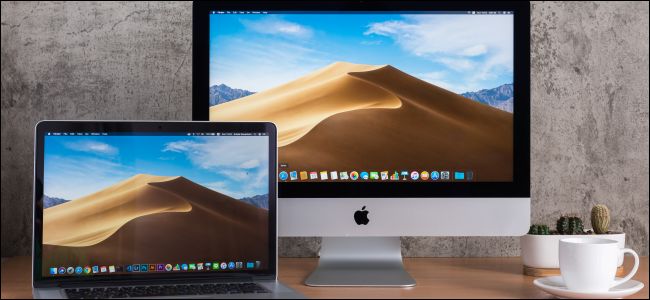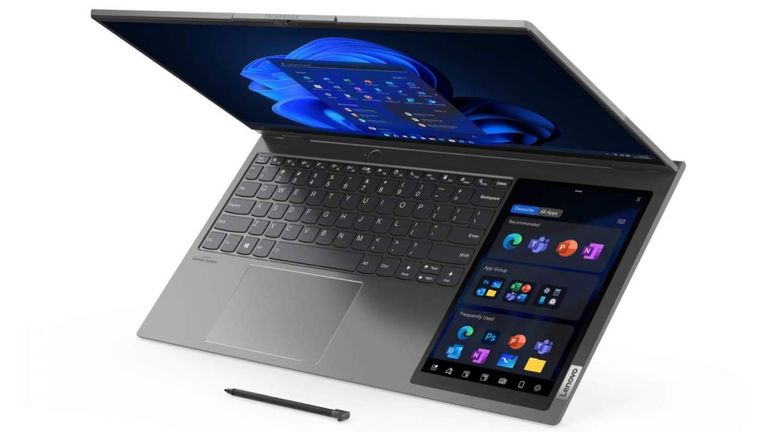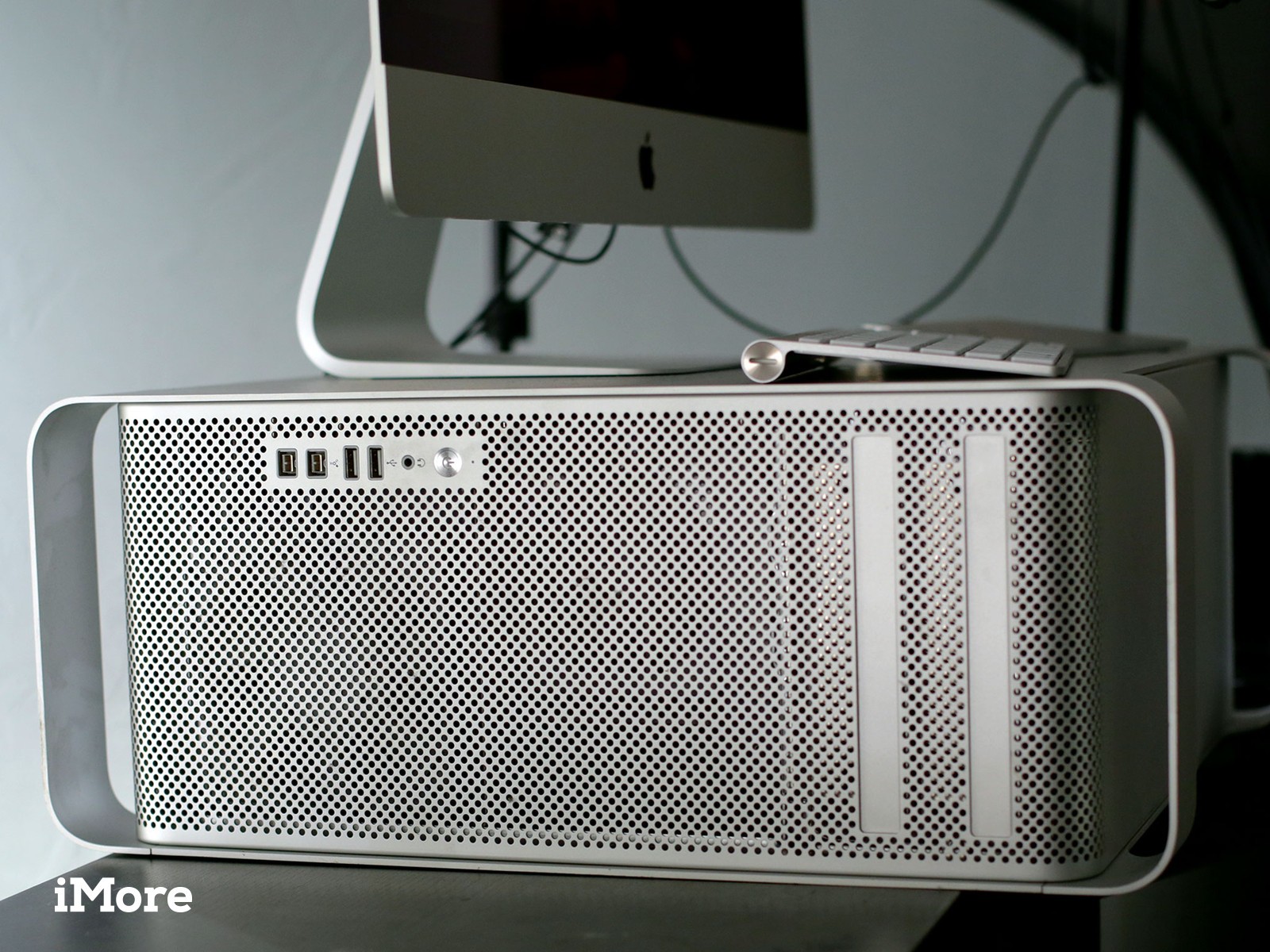

I get a blank screen as if the monitor is not receiving a signal. When running Windows 10 Bootcamp, everything except video works. When running macOS Catalina, everything on the dock (USB, Ethernet, Audio, Video, eSATA) works as expected. Test #1 is the original problem that started this post.

#Macbook pro windows 10 second monitor driver#
The Thunderbolt driver version is 5.1.4.0 () I assume that this is the latest driver since I just downloaded and installed them.Īny ideas on what I can try to get the monitor to work with Bootcamp? I thought that I adapter "chain" (MBP TB -> TB cable -> TB2-to-TB3 adapter -> Caldigit TS3 (DP) -> DP-to-HDMI adapter -> HDMI monitor) was too long, but it works for Catalina. Unfortunately, this did not solve my problem.
#Macbook pro windows 10 second monitor drivers#
I downloaded the Apple drivers using Bootcamp Assistant and re-installed them on my Bootcamp instance to be sure I was using the most updated drivers. Running under Catalina, the monitor works flawlessly with the TB-to-HDMI adapter, recognizing the monitor on start-up. I tried this same trick (toggling the monitor off/on after start-up) when the monitor was connected to the dock's DP, but that did not work. Running Win 10, when the MBP starts up the monitor is not initially detected, but if I toggle the monitor off and on, the MBP recognizes it and it starts to work. To troubleshoot, I connected the monitor directly to the MBP’s Thunderbolt port with a TB-to-HDMI adapter. When I run Win 10, everything works except the HDMI monitor the monitor is not

I connected my HDMI monitor to the Displayport on the TS3 with an active DP-to-HDMI adapter.Įverything works flawlessly when running Catalina – all of the devices connected to the dock (USB mouse/keyboard, HDMI monitor, eSATA hard drive, Ethernet, speakers) are recognized and work as expected. I recently obtained a Caldigit TS3 docking station and connected it to my MBP with an Apple TB3-to-TB2 adapter. Check the box that says Mirror Displays to use the MacBook in the Clamshell mode.I have a Early 2013 Macbook Pro running Catalina and Windows 10 (Bootcamp 6.0). You can change the arrangement in Settings > Displays > Arrangement.

The MacBook should automatically detect the external display. If your MacBook Pro model doesn’t have an HDMI port, use an HDMI to USB C adapter. Once it is plugged in, power on your external display and connect it to the MacBook using the HDMI cable. You can use a USB or wireless keyboard and mouse to interface with the MacBook Pro.Ģ. First, connect the keyboard and mouse to your MacBook. Here’s the correct way of using the MacBook Pro in Clamshell mode.ġ. However, the most important thing is that if you don’t plug in the power cable the Clamshell mode won’t activate. Apple does offer an option to use MacBook Pro with an external monitor and it works even if you close the in-built display.


 0 kommentar(er)
0 kommentar(er)
